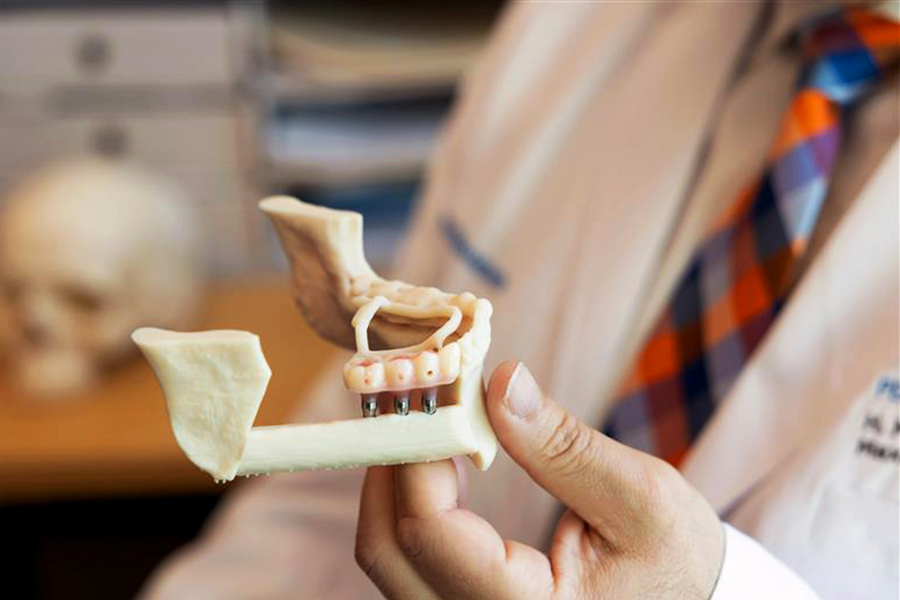May, 25, 2021
A new initiative in Kaiser Permanente Northern California prenatal care aims to prevent preeclampsia and preterm birth among members.
Preeclampsia, a serious condition of pregnancy characterized by high blood pressure and excess protein in urine, affects 5% to 8% of all pregnancies in the U.S., and its cause is still unknown.
As part of Kaiser Permanente Northern California’s work to help prevent preeclampsia and preterm birth, a common outcome of preeclampsia, a pilot program was implemented in December 2020 that prescribes low-dose aspirin to all pregnant patients with moderate or high-risk factors. This was a response to research from the U.S. Preventive Services Task Force that showed a reduction in preeclampsia among women who took daily aspirin.
“We very much hope to see a 20% reduction in complications associated with severe preeclampsia,” said Barbara Nicol, MD, chief of Ob-Gyn of the Kaiser Permanente East Bay Service Area. “Another part of this comprehensive project is to improve the management of patients with this condition and their post-partum care.”
Focusing on preventing preeclampsia is important as it can be dangerous for the mother and baby. It can prevent the baby from getting enough blood and oxygen and can result in a smaller fetus. It can also cause damage to the mother’s liver, kidneys, and brain. People with preeclampsia also have higher hospital readmission rates after birth.
Preeclampsia screening for all patients
Since last year, prenatal patients have been being screened through Kaiser Permanente’s electronic health record system for preeclampsia risk factors, which include obesity, diabetes, personal or family history of preeclampsia, and existing high blood pressure. In Northern California 5% of pregnant Kaiser Permanente patients have preexisting high blood pressure, a quarter of which will develop preeclampsia, according to Sarah Mandel, MD, Kaiser Permanente Northern California regional medical director of Inpatient Obstetrics.






